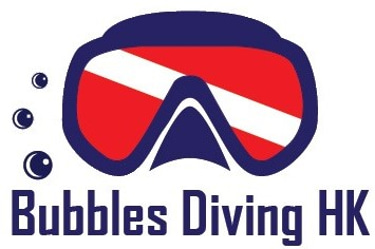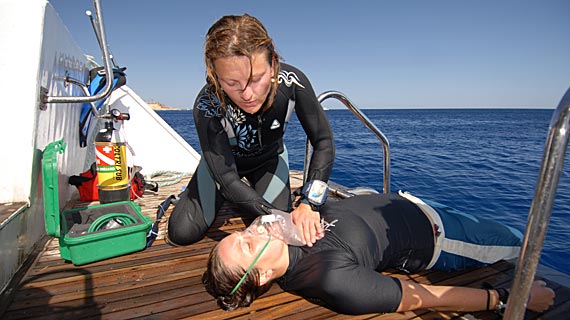

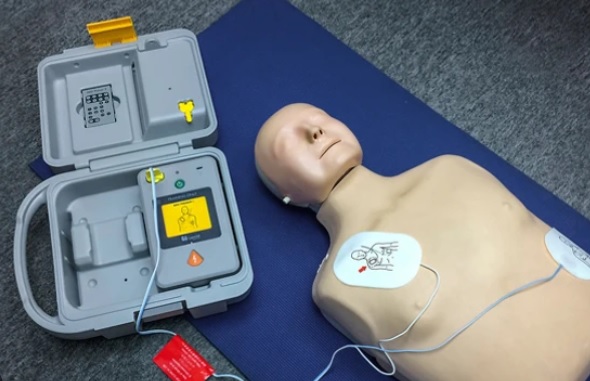

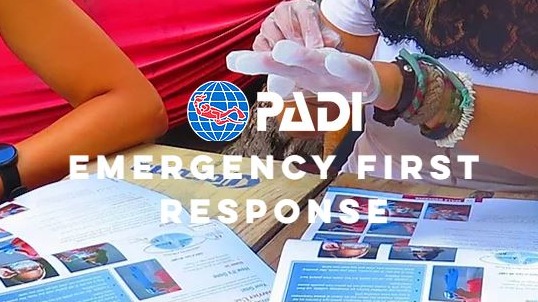

Emergency First Responder (EFR)
Emergency First Response® primary and secondary care training teaches you what to do in the critical moments between when a life-threatening emergency occurs and when emergency medical services arrive.
Learn how to perform CPR, provide first aid that eases pain, assess a variety of injuries and illnesses and practice bandaging and splinting.
Course participants learn simple-to-follow steps for emergency care and practice applying skills in a nonstressful learning environment. EFR courses meet the CPR and first aid training requirements for the PADI Rescue Diver course and all professional-level ratings.
How long does EFR qualification last?
This cert will be valid for 3 years. In order to maintain their EFR certification, students should independently maintain their CFR certification. In order to maintain you qualification after your three-year certification period you will be required to undertake the a refresher course.
EFR Primary Care (CPR)
EFR Primary Care (CPR) course teaches you to deal with emergencies that are immediately life-threatening. You’ll learn to how to perform CPR and continue to monitor the patient, so that you provide every possible chance of survival while waiting for emergency medical services to arrive.
Emergency First Response course meets the CPR and First Aid training requirements for PADI and PSAI Rescue Diver courses and all professional-level ratings. You don't have to be a diver to take the EFR course, though.
The skills you learn:
Primary Assessment
Scene Assessment
Barrier Use
chest Compressions
Cardiopulmonary Resuscitation (CPR)- chest compressions- artificial respiration (rescue breaths)
Shock management
Serious bleeding management
Spinal injury management
Choking
EFR Secondary Care (First Aid)
EFR Secondary Care (First Aid) course teaches you to treat injuries and illnesses that are not immediately life-threatening. You learn how to ease pain and reduce the risk of further harm in case emergency medical services are delayed or unavailable.
The skills you learn:
Injury Assessment
Splinting for Dislocations and Fractures
Bandaging
Illness Assessment
AED (Automated External Defibrillator)
You may also learn how to use an Automated External Defibrillator (AED). Current AEDs are easy to use, and are nowadays available in many places.
Prerequisites:
None - EFR courses are available for anyone. Course Structure 7-8 hours in a classroom. Courses typically run over two evenings (3.5-4hrs each evening) or as a one-day program.
Course Fee:
Standard EFR: Primary Care (CPR) + Secondary Care (First Aid) hk$1,500 per person (minimum two participants - meets the requirements for PADI Rescue Diver Course)
Standard EFR w/ AED hk$1,800 per person (minimum two participants)
Combined Standard EFR + Care for Children (Adult/Children/Infant CPR&First Aid) hk$2,500 per person (minimum two participants)
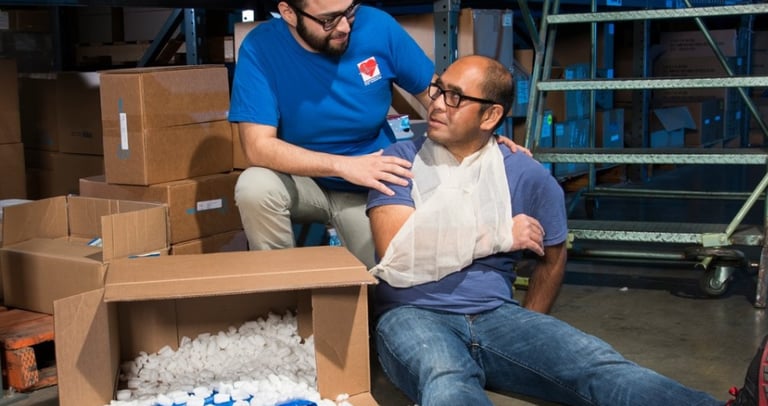

Contacts
Whatsapp: +852 6200 6701 (Primary) Whatsapp: +852 6904 1892
bubblesdiving.hk@hotmail.com
Location: Kowloon, Hong Kong
Bubbles Diving HK©2025
